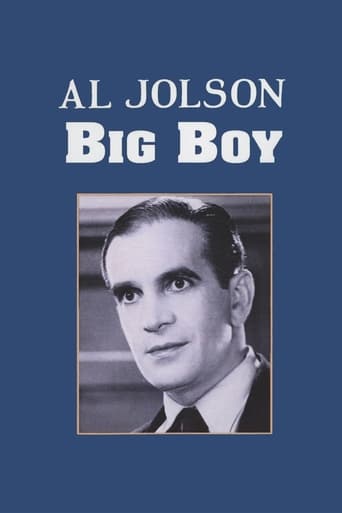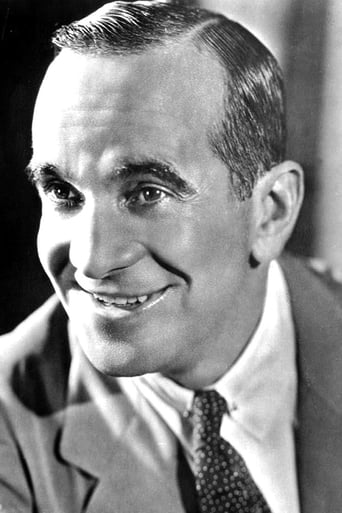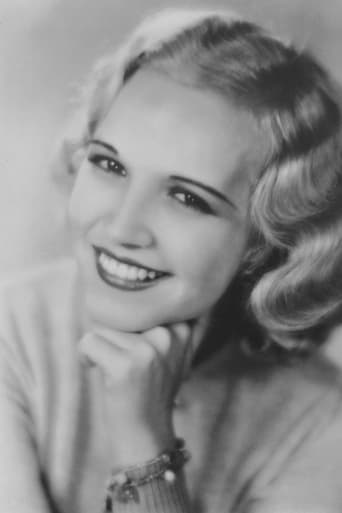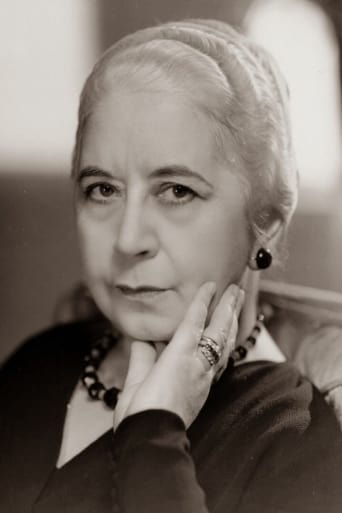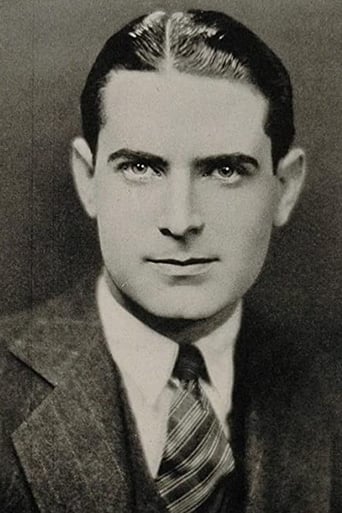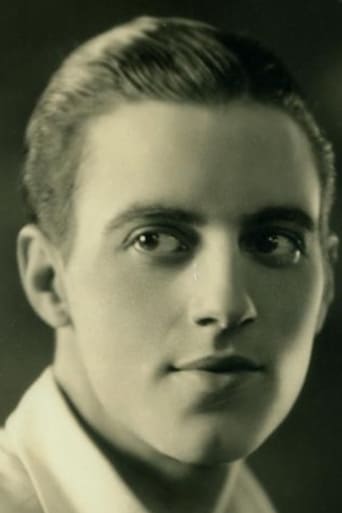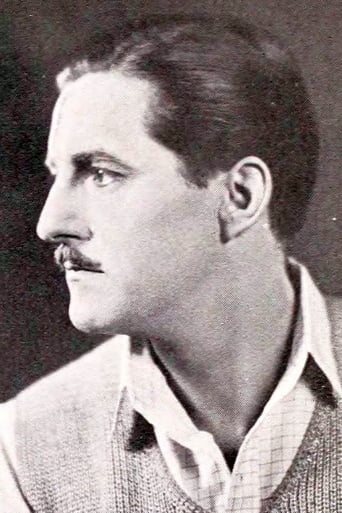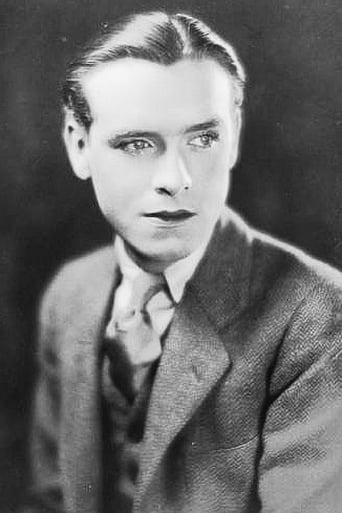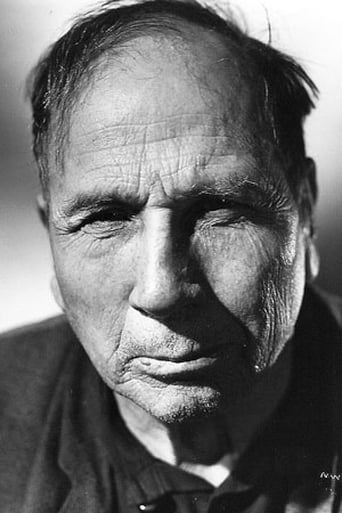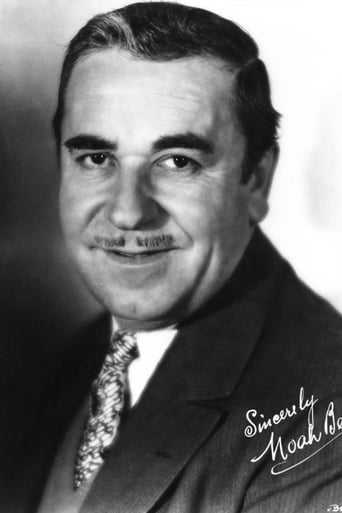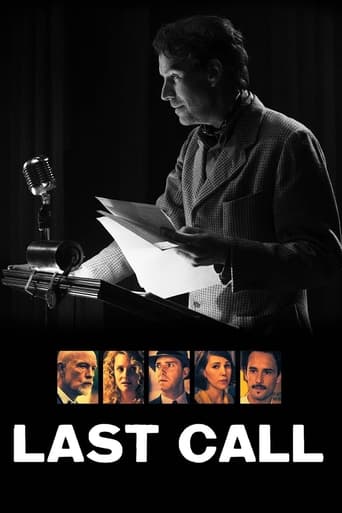Gus, the trusty family retainer, has hopes of riding his boss' horse, Big Boy, to victory at the Kentucky Derby.


Similar titles
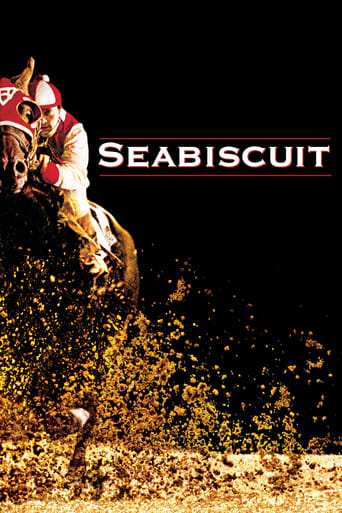
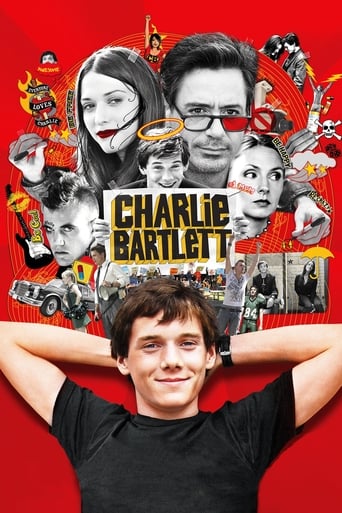

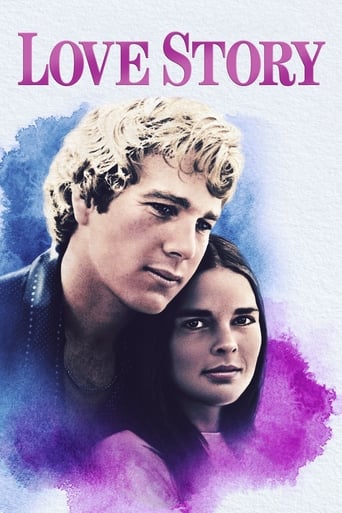
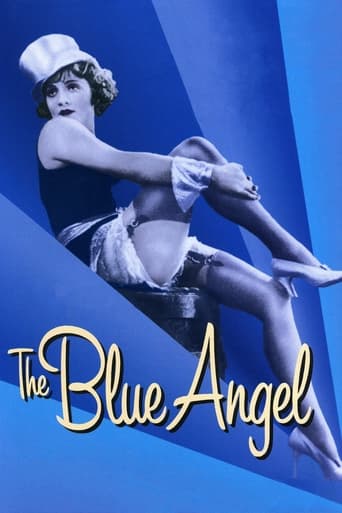


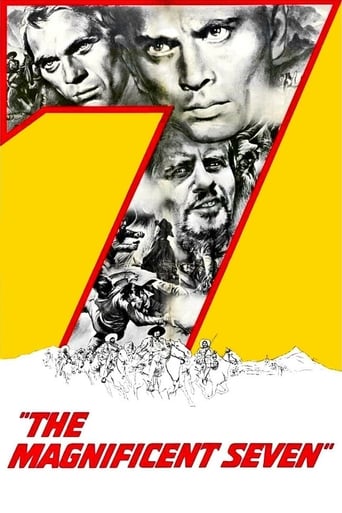
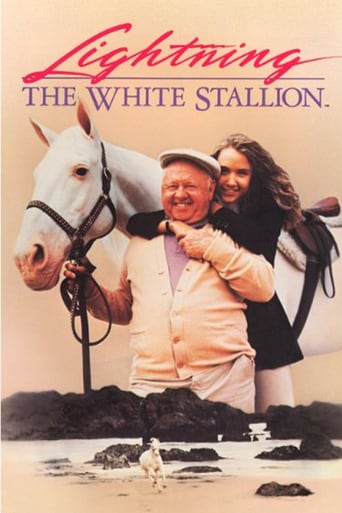
Reviews
Al Jolson attempted to re-create his hugely successful Broadway show by making this film. Unfortunately, Jolson on film is a pale ghost compared to entertainer referred to as the "World's Greatest." On Broadway in "Big Boy" Al Jolson received what are to this day, the greatest reviews a Broadway stage performer has ever garnered. (see, Herbert Goldman, "The Legend Comes to Life") All who saw him perform knew that Jolson did not work on film, and Jolson knew it himself - - he simply could not put across on film his electrifying and magnetic stage persona through celluloid. Thus his screen performances are stiff and wooden. The media was completely wrong for him. In this film we see only glimpses of what audiences saw on the stage: an extraordinary comedian, singer and "presence." It must, unfortunately, fail to deliver. But it is worth seeing as one might want to see a still photograph of a lost work of art, or magnificent edifice.
BIG BOY (Warner Brothers, 1930), directed by Alan Crosland, is a curious item produced during the early days of sound films. Starring the legendary entertainer of Al Jolson, making his fifth screen appearance, it did offer him the rare opportunity to not only reprise one of his many stage roles from a Broadway days, but to display a type of character made famous by his contemporary, Eddie Cantor, that of a wisecracking wiseacre who occasionally bursts into song. While Jolson is noted for performing in song numbers in black face, a tradition he would enact in many of his screen musicals of the day, this is the only time he would play a central character entirely in black-face. In spite of these taboos, Jolson performs his character in the most relaxed manner, giving the movie a different feel from his previous sentimental dramatic efforts that began with his historic "first talkie," THE JAZZ SINGER (1927). One would wonder how his performance would have played had he not performed in black-face. But in his day, Jolson in black-face is more a tradition with him as a clown's makeup and red nose in a circus. And at times, Jolson performs his character here in a circus-like performance rather than his previous efforts with sentiment and tears. While the title, BIG BOY, pertains to a race horse bearing that name, this is Jolson's movie from start to finish, making not only the title character secondary, but the supporting players (with the exception of fine character actress Louise Closser Hale) just merely background decorations to Jolson's singing and clowning.After a brief opening consisting of title, cast and credits,with horses seen beyond the lettering racing to victory towards the finish line, the story (which indicates to its viewers that this is a horse racing story), begins at Bedford Stables where Gus (Al Jolson), is singing to a group of black children followed by him singing a sentimental ballad to a pony named Big Boy. Two years pass by and Gus is still seen caring and singing to Big Boy, now a full grown horse. Hoping to recoup the family fortune, the Bedford family state their hopes on Big Boy to be trained for the Kentucky Derby by Gus. Shortly before the big race, Jack (Lloyd Hughes) and Annabel (Claudia Dell) return home from school in the east, with Jack accompanied by Coley Reed (Eddie Phillips), Doctor Wilbur (Lew Harvey) and Steve Leslie (Colin Campbell), an English jockey. Reed persuades Jack to urge his grandmother (Louise Closser Hale) to entrust the race to Steve, and succeed in having Gus fired so that the bad guys can "throw the race." But while Gus succeeds in obtaining employment as an eccentric singing waiter, he eventually learns of the scheme and outsmarts the crooks.Unlike some other Jolson musicals, BIG BOY has some listenable tunes, but none to have appeared to become standards. In the existing film, the songs, written by Sammy Stept, Bud Green, among others, mostly sung by Jolson, that are featured include: "Liza Lee," "My Little Sunshine," "Dixie's Land," "All God's Children Got Shoes" (Negro spirituals, including the traditional "Let My People Go"); "Tomorrow is Another Day," "Tomorrow is Another Day" (reprise), "Hooray for Baby and Me" and "Tomorrow is Another Day" (reprise and finale).BIG BOY has its moments of comedic fun, as well as scenes that don't perform well for contemporary audiences, such as the flashback sequence set in 1870 which details of how Gus's grandfather (Jolson) had rescued Annabel's grandmother (a role performed by Louise Closser Hale in modern setting and by Claudia Dell in flashback) from being kidnapped by the villainous John Bagley (Noah Beery). The story is then highlighted by a lengthy nightclub sequence where Gus, working as a waiter, gets his last words to some angry customers, (one of them played by character actor Eddie Kane), along with comedic singing by Jolson to the tune, "Hooray For Baby and Me." BIG BOY also includes some "in jokes" pertaining to one of Jolson's hit tunes to "Sonny Boy" which he introduced in his second film, THE SINGING FOOL (1928). He sings it briefly once from under the table following a rumble set in the restaurant. In the film's final moments where Jolson steps out of character and black-face, surrounded by the cast in the play, to wrap it up with a Jolson song to the audience on screen. Jolson takes song requests, which is shouted out by many at one time. When one member of the audience asks him to sing "Sonny Boy," everyone suddenly gathers up from their seat to start walking out before Jolson puts a stop to that by singing the movie's theme song for the third and final time, "Tomorrow is Another Day," a phrase made more famous in the closing line to Margaret Mitchell's novel and David O. Selznick's epic motion picture to GONE WITH THE WIND (1939).BIG BOY not only reunites Jolson with his JAZZ SINGER director, Alan Crosland, it marks his shortest screen feature (67 minutes) and a rarity in becoming his second released film in a single year. It also marked an end to Jolson's first cycle in motion pictures (1927-1930). While BIG BOY reportedly didn't do well at the box office in 1930, it does, however, remains an interesting antique that occasionally comes out of mothballs when shown on cable television's Turner Classic Movies. On a final note, this, and the other films of Al Jolson made at Warner Brothers (1927-1936), were at one time available on laser disc back in the late 1980s. While BIG BOY never got distributed to home video, it did become available on DVD through the TCM Archives collection in 2010.(**)
I was fortunate enough to see this film on the big screen (as all great film stars should be seen) almost 20 years ago and it was one of the most thrilling film experiences I have ever had.Despite the film being politically incorrect in this day & age it is a great testament to all the performers who appeared in the beginnings of the sound revolution.Al Jolson appeared as Gus the main character (& the role he actually played on broadway many times in different productions)in this play that was literally filmed on the stage.If anyone with an open mind sits through a showing of the film, I'm sure that they would appreciate the 'rough' basic performances and the contribution they made to film history.
Now the movie is far from politically correct. But it was made in 1930! Jolson is at his funniest. Sure, he's in blackface for almost all of the film, but this film serves as an historical recording of one of Jolson's biggest Broadway successes. Many people lump Cantor and Jolson together as similar type performers because both did blackface routines. But where Cantor played the scared little man (and played it very seriously, making it all even funnier), Jolson played the aggressive braggart. Jolson's Gus is a wise cracking schemer. His Gus is no Uncle Tom! Jolson is often the butt of the joke and this is a good thing. It softens his aggressiveness and makes him more human. I am only glad that with his massive ego, Jolson allowed himself to be the butt of jokes. The final punch line of the film is side splitting and is a wonderful inside joke. We need to look at these films with a 1930s mentality. We have advanced greatly in the area of tolerance, but we should not condemn performers like Al Jolson and Eddie Cantor who were only appealing to the popular tastes of their time.
